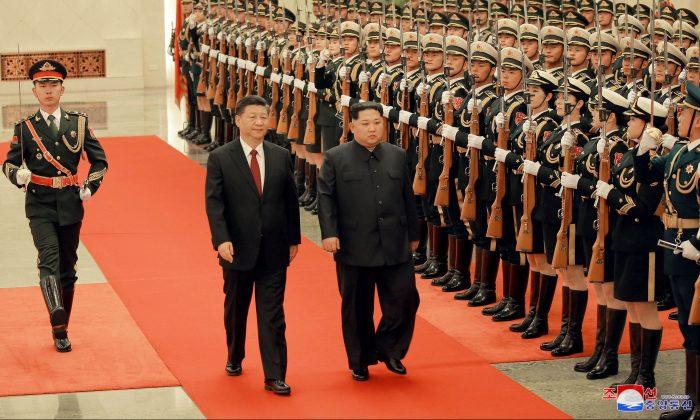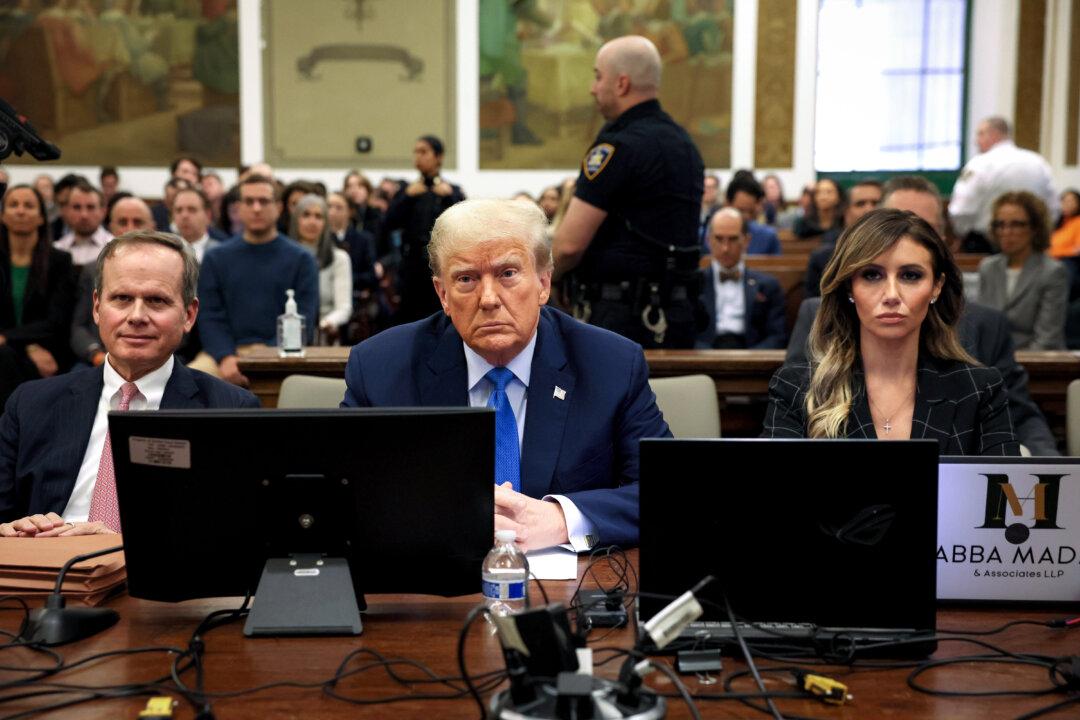Or, is their nuclear threat possibly directed at China? That’s not likely, is it? Is Kim going to threaten China with ... what? Nuclear attack? Cooperation with the United States? Probably not. His aim is more likely about receiving additional assistance from China.
Still, the question has more layers than some might imagine. Consider, for example, the possibility that North Korea really wants to make a deal with the United States, but that China doesn’t want that to happen. If a deal with the United States ever did come to pass, both Kim and Chinese leader Xi Jinping know that any deal would be very limited in scope and duration.
One Capitalist Korea Is Enough
For one, the last thing China wants is two capitalist Koreas. It entered the Korean War in 1950 precisely to prevent that from happening. Today, the last thing the Chinese Communist Party (CCP) needs is another example of why communism is unnecessary for China’s continued development and economic growth. South Korea and Taiwan are already two examples too many.And yet, China is also—supposedly—against North Korean nuclear testing. Is that true? Maybe, but perhaps only to a certain extent. More about that in a moment.
China Has the Real Control
And let’s not kid ourselves—China’s leverage over North Korea is absolutely real and operative. It provides the malnourished pariah of a nation with most of its food and fuel. Without China’s continued assistance, North Korea would starve and freeze to death—in the dark.With such a fundamentally skewed relationship, one would presume that China would be in a dominant bargaining position to persuade—or force—North Korea’s dictator to stop his nuclear program. But that hasn’t happened.
Why not?
That simple fact begs another question: “Is North Korea really in charge of its nuclear policy?” Is Kim the one calling all the shots in the nuclear negotiations with the United States, or even when it comes to testing bombs and launching missiles?
Is ‘Stability’ Really China’s Goal?
Some China experts continue to regard stability on the Korean Peninsula as China’s primary interest with regard to North Korea. China fears, the thinking goes, that a North Korean regime collapse would lead hundreds of thousands of North Korean refugees to flood across the border into China.That may be true—desperate, hungry North Koreans may well attempt to pour into China by waves if Kim were to lose his leadership position. But really, would hundreds of thousands of hungry refugees be such a difficult problem for China to handle?
Not likely. Even a cursory glance at how efficiently the CCP deals with the millions of “problem” peoples within their borders would tell you how quickly they could dispatch weakened North Koreans on a rapid, industrial scale. They’re quite prepared and experienced with such challenges.
The Chinese, after all, take their internal security very seriously. In fact, that budget is bigger than their external military budget. In 2017, China spent approximately $161 billion on the People’s Liberation Army, and spent $196 billion on internal security forces. You know how it goes when you’re an illegitimate government like the CCP—you’ve got people to suppress, torture, and imprison, such as millions of Uyghurs, Falun Gong adherents, and Christians, to name just a few. What are a few North Koreans? Priorities and all that.
Who Benefits From North Korean Nukes?
But when we ask, “Who benefits from North Korea’s nuclear gamesmanship and who loses?” the answer becomes more apparent. It’s no secret that the Chinese are no fan of President Donald Trump’s protectionist trade policies toward China. They hurt the Chinese economy much more than they want the world to know.North Korea a Trap?
There’s a strange logic to this that makes some sense. It resembles those paper tube finger traps from China, where one person put a finger in one end as another person does the same at the other. As they try to remove their fingers, the paper tube is suddenly very snug around both.The Chinese strategy may simply be for North Korea to have a similar effect on U.S. policy. Trapping American resolve and commitment to the region on the Korean Peninsula would leave the United States shorthanded in every respect as China increases its military and diplomatic advances on Taiwan, some 1,200 miles to the south.
As U.S. failure in North Korea unfolded—which China would ensure happened—American resolve in the face of failure in North Korea may well be the first of many dominoes to fall in Asia.






Friends Read Free